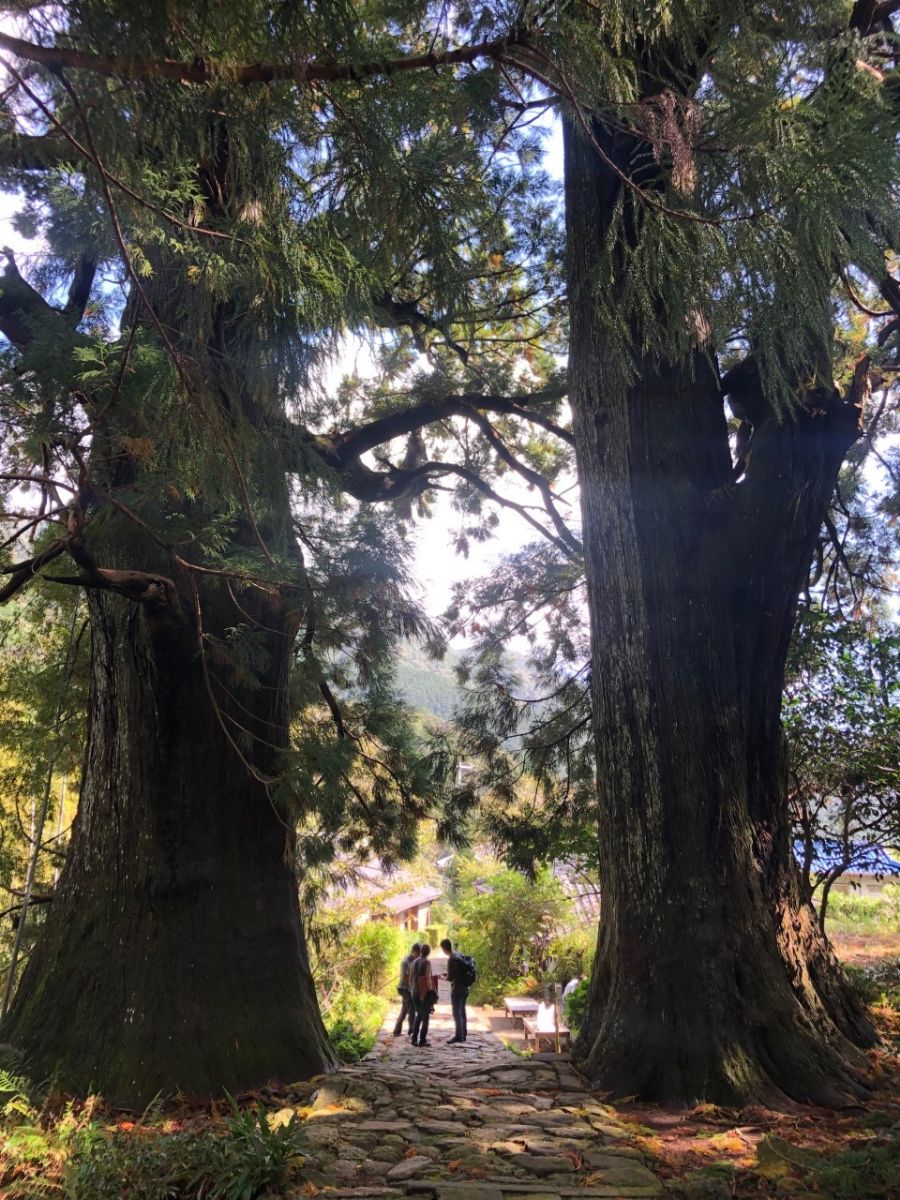Hajar Mountains
Key information: Hajar Mountains 
- The highest mountain range on the Arabian Peninsula, which runs for hundreds of kilometers beside Oman’s north-eastern seaboard, contains some the world’s finest walking.
- Peaks, plateaux, gorges and chasms with enormous views to match - and a rich culture and history all of its own.
Walkopedia rating
(Top 100)
- Walkopedia rating91.5
- Beauty31
- Natural interest15.5
- Human interest13
- Charisma32
- Negative points0
- Total rating91.5
Vital Statistics
- Length: Your choice
- Maximum Altitude: 3,048m
- Level of Difficulty: Variable
WALK SUMMARY
The Hajar Mountains form the central and south-eastern reaches of that 600km rocky spine which climbs out of the sea in the Musandam Peninsula on the strategically vital Straits of Hormuz and marches, parallel to the Gulf of Oman, until it stutters out south of Sur far to the south-east.
These mountains snake along the country's eastern seaboard; on the eastern (seaward) side, plains hoard much of Oman's population. To the west lie the vast Arabian deserts, with the range’s slopes and irrigated valleys, and the nearby plains, harbouring ancient villages and towns.
This is the highest mountain range on the Arabian Peninsula, with views to boot. It is riven by canyons and wadis; soaring mountains and tremendous cliffs are the order here. Its uplands include rough grasslands, scrub and a lot of bare rock.
Oman is home to a huge range of plant and animal life, which is somehow counterintuitive considering how arid the country is, and is testament to its green credentials. That said, you will be lucky to see many mammals other than wild donkeys; and birds can be elusive even though Oman sits on major migratory routes and is a bit of birdwatching heaven.
The Hajar also have a rich culture and history: Oman sat on great trade routes, on sea and land, and these brought several periods of wealth. Throughout their length, the Hajar display a wealth of ancient villages, many now abandoned, and the sophisticated and irrigation systems which supported their often luxuriant valley-bottom and hillside fields; unlikely forts; and forgotten routes over remote passes.
Because of all this history, there are many old paths, pack trails and livestock paths, often superbly made and dramatically sited.
There is a plethora of great walks here, from short explorations to multi-dayers.
The Hajar Mountains are often divided into western and eastern ranges, and the area around Muscat can itself be given separate billing.
This area is so big, there are many sub-ranges and standalone areas within it. Jebel Akhdar, Oman’s highest mountains, lie at the centre of the Western Hajar, boast a superb array of landscapes, from the rough, tough broken limestone of its highlands, to the huge gorges crashing out of the range and the tremendous chasms falling off to the sides. This is Oman’s premier walking/trekking area, and contains a huge variety of walks. See our Jebel Akhdar page for much more, and our Western Hajar Mountains page for more detail on the Hajar range.
Eastern Hajar Mountains: these contain some classic walks, too, including the 2-day crossing of the range via the Selma Plateau.
Note: This page mainly exists for the purpose of our Top 100 list. See the above pages for all the detail.
This is often demanding walking in remote mountains with uncertain and often very hot weather. Come fully prepared.
For extensive information and photos, including detailed practical information and some warnings, see our Western Hajar Mountains and our Eastern Hajar Mountains walk pages.
Other accounts: share your experiences
Your comments on this walk, your experiences and suggestions, and your photos are very welcome. Where appropriate, you will be credited for your contribution.
Safety and problems: All walks have inherent risks and potential problems, and many of the walks featured on this website involve significant risks, dangers and problems. Problems of any sort can arise on any walk. This website does not purport to identify any (or all) actual or potential risks, dangers and problems that may relate to any particular walk.
Any person who is considering undertaking this walk should do careful research and make their own assessment of the risks, dangers and possible problems involved. They should also go to “Important information” for further important information.
Anyone planning an expedition to this place should see further important information about this walk.
Responsible travel matters, a lot. How you travel will make a real difference - for better or worse. PLEASE consider this when making plans. Read more








